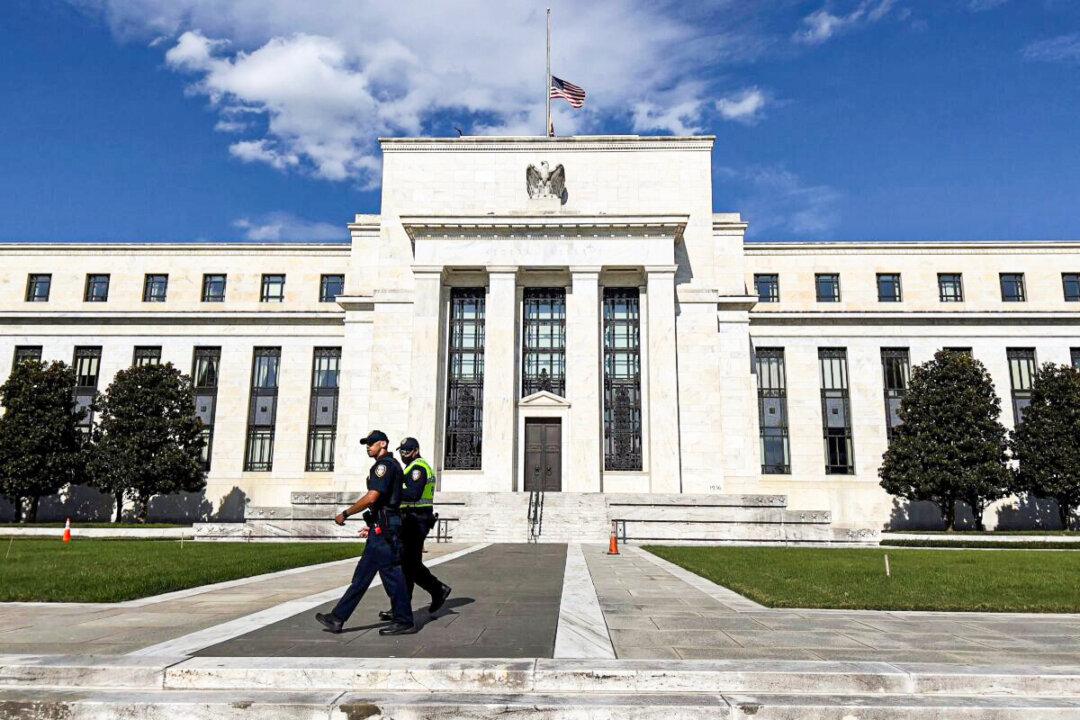The Federal Reserve on Friday adopted a strict new set of investing and trading rules for its senior officials, their spouses, and minor children, among others, as part of the central bank’s effort to boost confidence in its policymakers after an ethics scandal sparked a public outcry.
The Fed said in a statement the tough new restrictions intend “to ensure public confidence in the impartiality and integrity” of the work of the Federal Open Market Committee (FOMC), the central bank’s policy-setting body, with the move meaning to guard against “even the appearance of any conflict of interest.”





